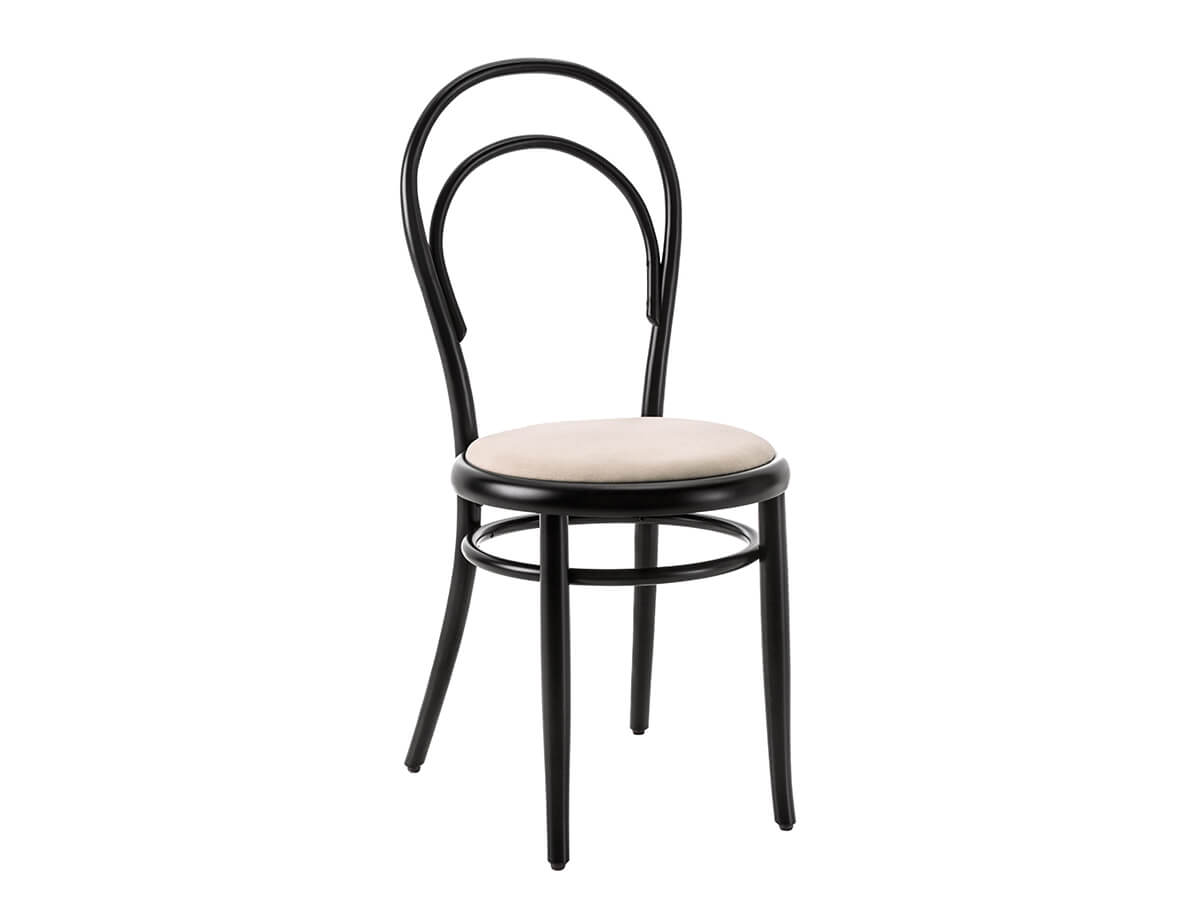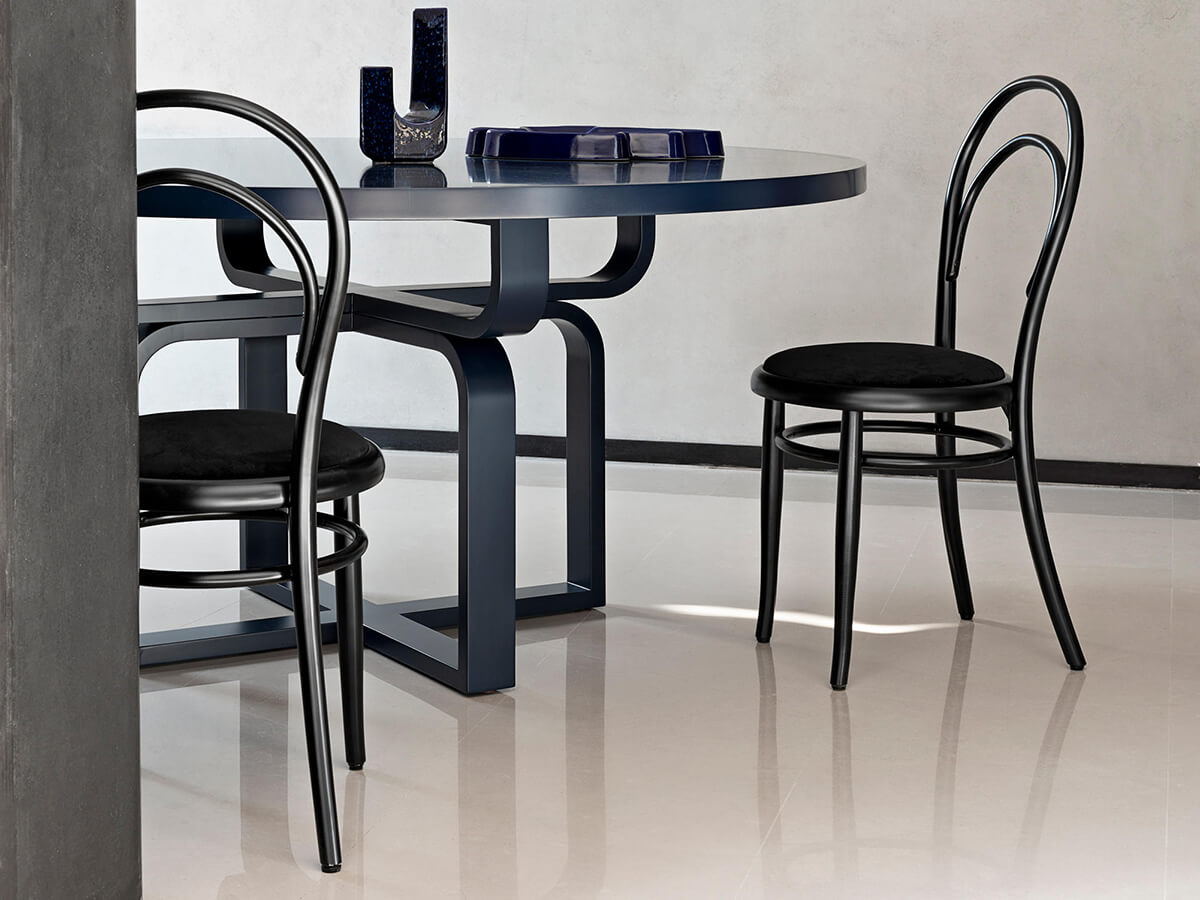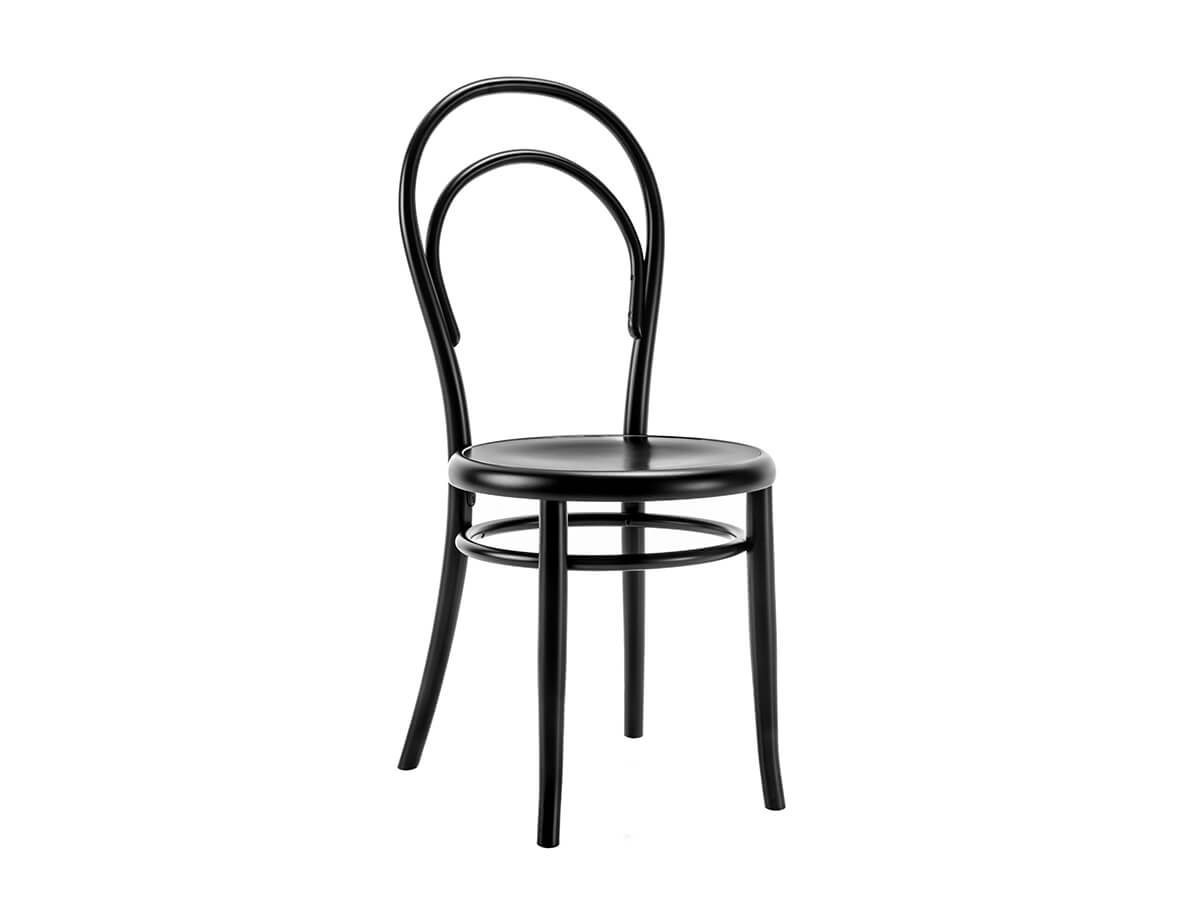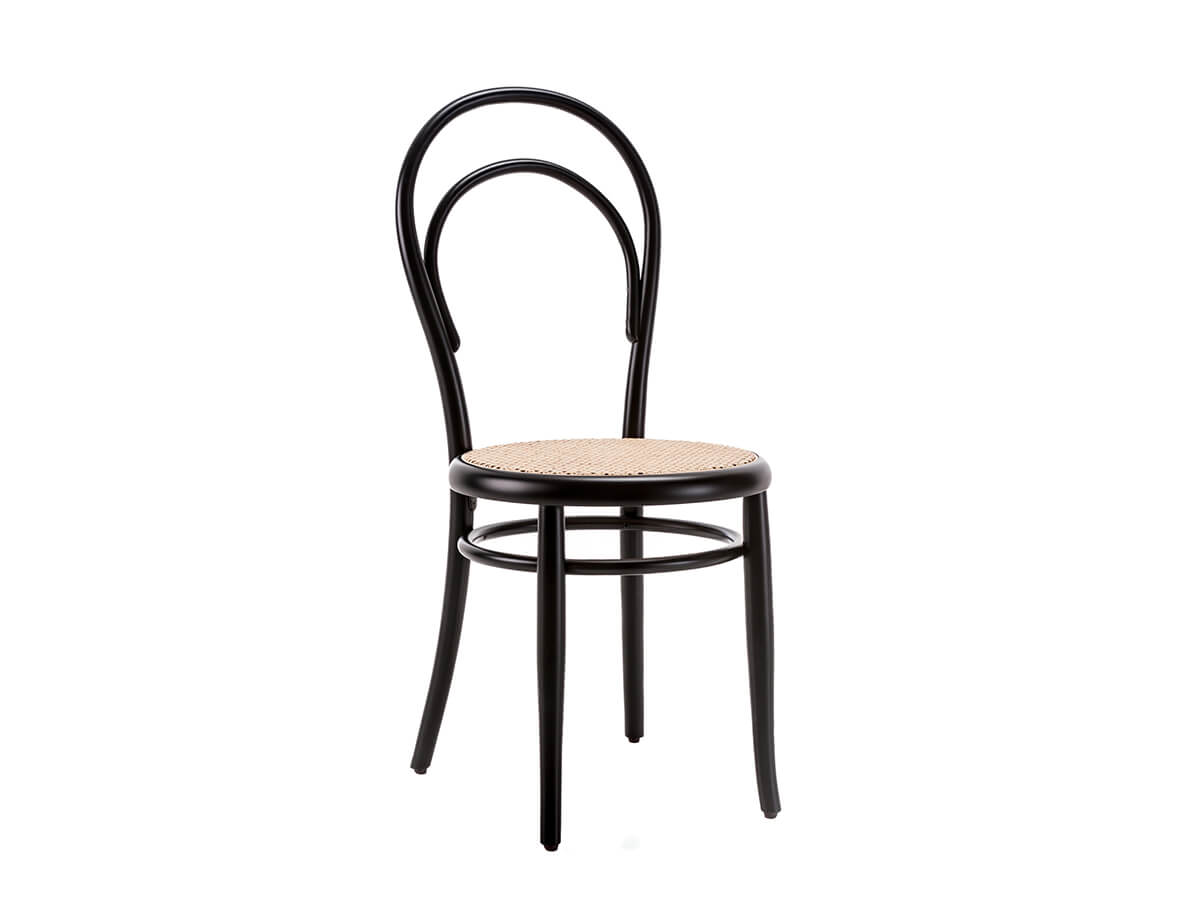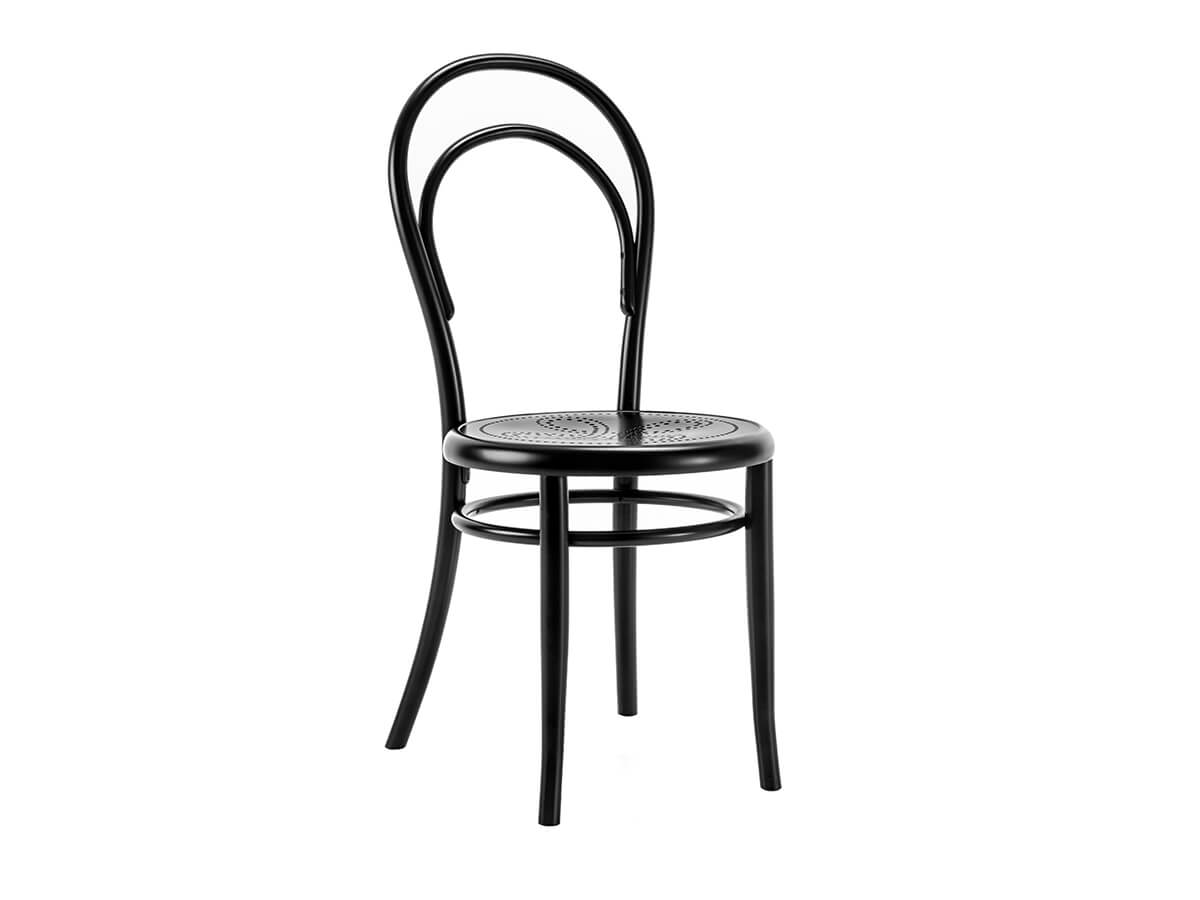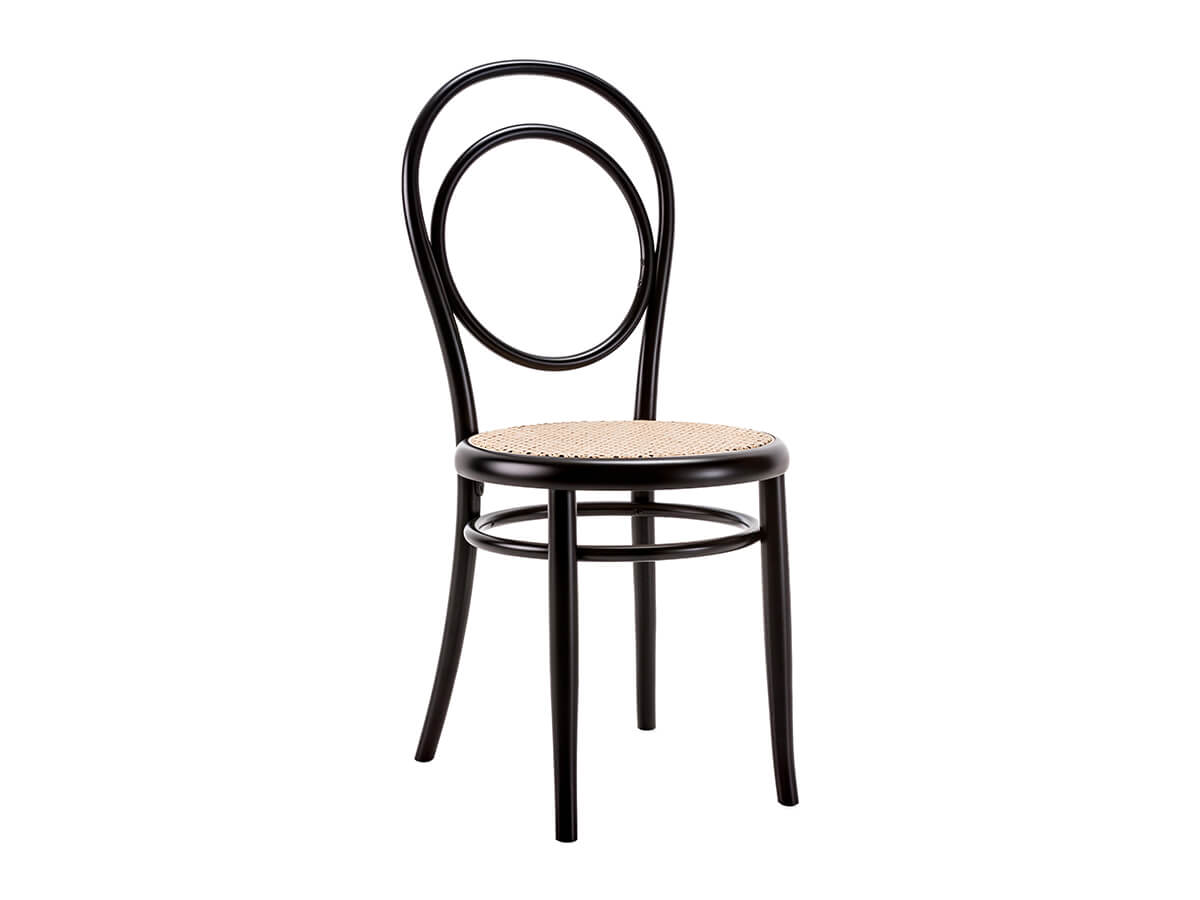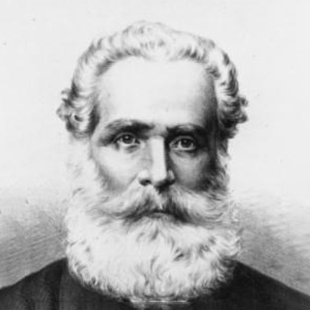Gebruder Thonet Vienna
N.14 Chair
Upholstered Seat
Price starting from € 632,00*
*Price valid for the version with padded seat upholstered in fabric cat. A - frame in stained beechwood (cod. SDN014TES).
One of the great classics of international design, an element so characteristic that everyone is able to recognize, whether it is the original or the infinite copies that have been made over time. The chair no. 14 by Michael Thonet was born in 1860 and was immediately identified as a bistro chair. Minimalist in the use of the material and the number of pieces that make it up, the chair no. 14 is the result of research that was innovative at the time, which lasted about 20 years and whose value has been able to remain unchanged over time. Simple, versatile, current, no. 14 is now considered an example of industrial design, with an unchanged charm.
W.41 x D.49 x H.90 cm
Seat Height 45 cm
Salvioni Design Solutions delivers all around the world. The assembly service is also available by our teams of specialized workers.
Each product is tailor-made for the personal taste and indications of the customer in a customized finish and that is why the production time may vary according to the chosen product.
To discover the full range of services available, visit our delivery page.
Suggested versions (5)
Personalize your request
Frame
Select
Upholstery
Select
Select
All design history books begin with the same name: Thonet. In fact, thanks to the research made by the German cabinet maker Michael Thonet on the bending of wood, the industrial production of furniture began. In 1842, Thonet was invited by Chancellor Metternich himself to continue his activity in Vienna, and it was precisely in the capital of the Hapsburg Empire that he founded the Gebrüder Thonet Vienna (GTV) involving his five sons. The company left an indelible mark and the Gebrüder Thonet Vienna chairs went to connote the style of an era, selling millions of pieces all over the world thanks to a cutting-edge distribution network.Read more
Designed by
Michael Thonet
Michael Thonet (1796-1871) was a cabinetmaker and entrepreneur, founder of the company of the same name in Vienna, which through innovative processes in the steam bending of wood made it possible to produce furniture on an industrial scale, becoming the largest furniture company in the world between the second half of the nineteenth century and the beginning of the twentieth century. Originally from Boppard in Rhineland-Palatinate, now located in Germany but at the time part of the Holy Roman Empire, Thonet opened a cabinetmaker's workshop in his hometown in 1819 and focused on the production of Biedermier-style chairs. His first experiments with steam bending of wood date back to around 1830, but Michael failed several times in his attempts to patent his invention. A decisive step in his life was his meeting in 1841 with Prince Metternich, Chancellor of the Austro-Hungarian Empire and a great admirer of his work, who invited him to court and guaranteed him financial support. The following year, in 1842, Michael abandoned his activity in Boppard and moved to Vienna, where in 1849 he opened a factory in the suburb of Gumpendorf. This was the prelude to a global success: shortly after, Thonet's chairs were presented and awarded at the Great Exhibition in London in 1851 (the forerunner of today's Universal Exhibitions), thus making them known throughout the world. In 1853, Michael handed over control of the company to his sons, who renamed it Gebrüder Thonet, and in the following years he assisted them in opening the first factories abroad, in Moravia, first in Koryčany (1857) and then in Bystřice pod Hostýnem (1861). In the meantime, Thonet had put into production what was destined to become the best-selling chair of all time, the No. 14 (1859), very economical and used in many cafés of the time. Even after Michael's death, the company continued to expand, opening several more factories, including one in Germany in Frankenberg (1889). After the Second World War, his legacy would end up split between several companies: the current Thonet GmbH, based on the German factory in Frankberg, would remain in the hands of his direct heirs for a long time, while his Austrian branch, Gebrüder Thonet Vienna, was spun off from it in 1976 and ended up, after various vicissitudes, in Italian hands, first as part of the Poltrona Frau Group and then as an independent company; finally, the factories in Moravia were seized by the communist government established in the Czech Republic after the war and were the nucleus of today's Ton brand.Read more
